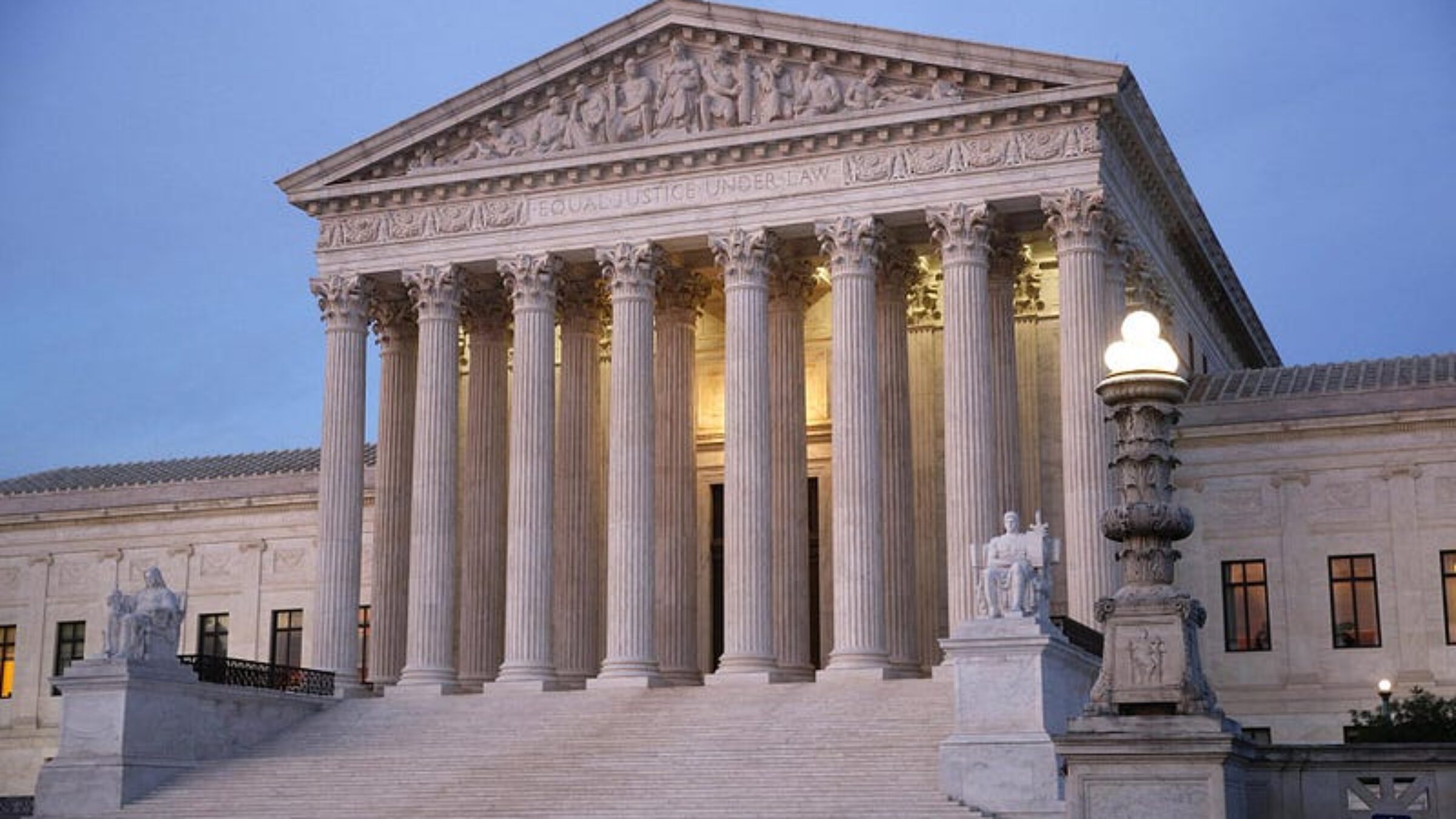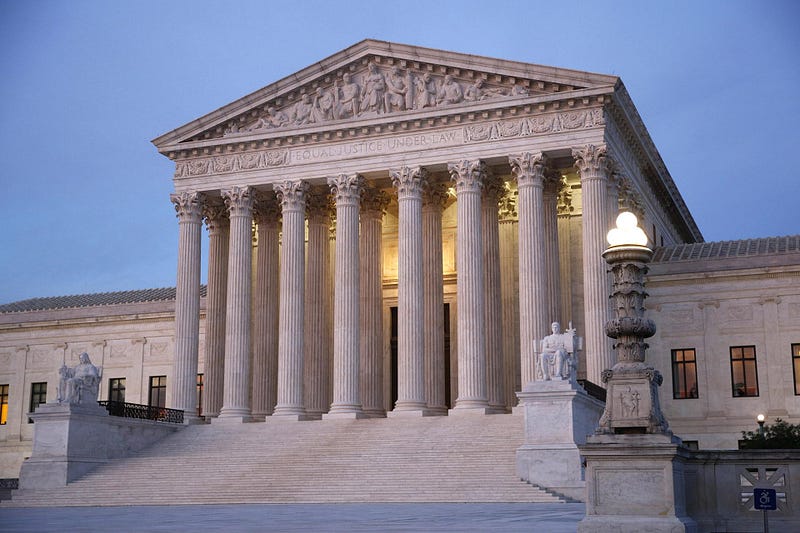Making the MAP: State Legislatures and Redistricting
August 27, 2019


This summer, the U.S. Supreme Court ruled that federal courts did not have the power to determine whether or not election maps were drawn in ways that could be considered too partisan. Under the 5–4 ruling, split along ideological lines, federal courts will no longer retain the legal jurisdiction to determine whether district lines are drawn in an unfair manner, thus placing the onus onto state legislatures and other state entities to oversee and ensure fair elections.
Gerrymandering has persisted in American democracy for decades as politicians on both sides of the aisle have sought to consolidate political advantages through redrawing district lines ahead of elections. In fact, the prevalence of gerrymandering and the concerns associated with the process have already experienced legal and political interplay in some states. For example, the U.S. Supreme Court pointed to a 2018 Pennsylvania Supreme Court case as evidence of states’ jurisdictional supremacy on this issue. In this case, Pennsylvania’s top court upheld state law and set a precedent through a ruling declaring gerrymandering unconstitutional and undemocratic through its violation of the “free and fair” section of the U.S. Constitution’s Elections Clause.
While maintaining the balance of fair representation will remain an issue area vulnerable to ideological contention, the new U.S. Supreme Court ruling magnifies the importance that state legislatures have in overseeing fair elections at all levels. On the brighter side, state reforms can have large bipartisan support and there are viable, non-partisan redistricting models being implemented across the country, like the one used in Iowa.
More recently, states like Virginia passed overwhelmingly bipartisan legislation this year that moves the state towards utilizing an independent commission to draw district lines for state and congressional legislative maps. Similarly, , states such as Colorado and Michigan took to their own reform measures in 2018 by enabling the use of independent redistricting commissions in an interpretation of states’ rights permitted under the Elections Clause.
The reforms enacted in recent years at the state level point to the tremendous democratic responsibilities of local government and state legislatures. While there were concerns that the U.S. Supreme Court’s ruling removed the major obstacle to partisan gerrymandering, developments in the states have proven the feasibility of democratic and fair electoral reform — ultimately, the future of our elections remains decidedly entrusted to the states.
By Sydney Myong






Join 1,900+ BIPARTISAN LEADERS NATIONWIDE
Be a part of a network of lawmakers committed to governing effectively, passing more representative public policy, and increasing public trust in democracy.